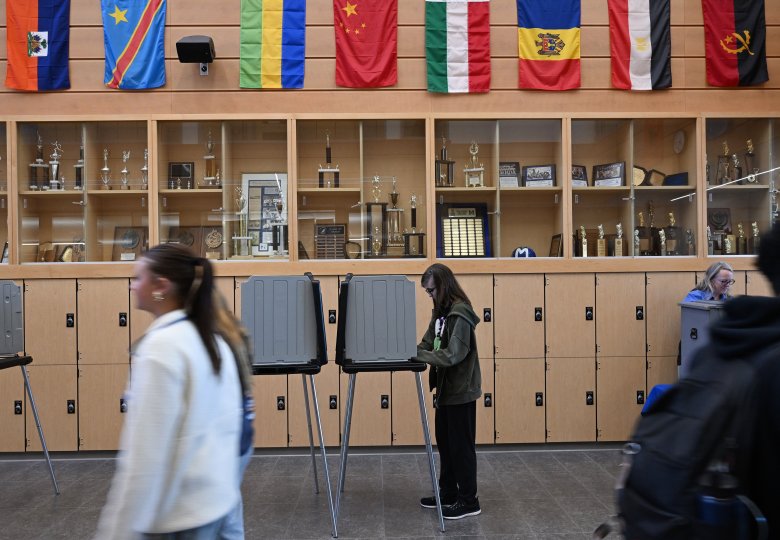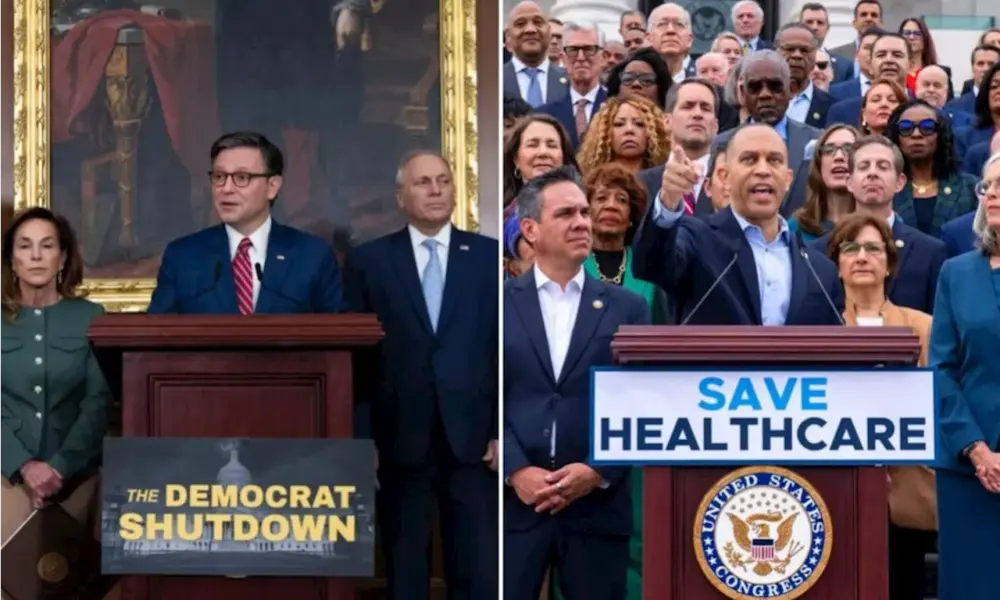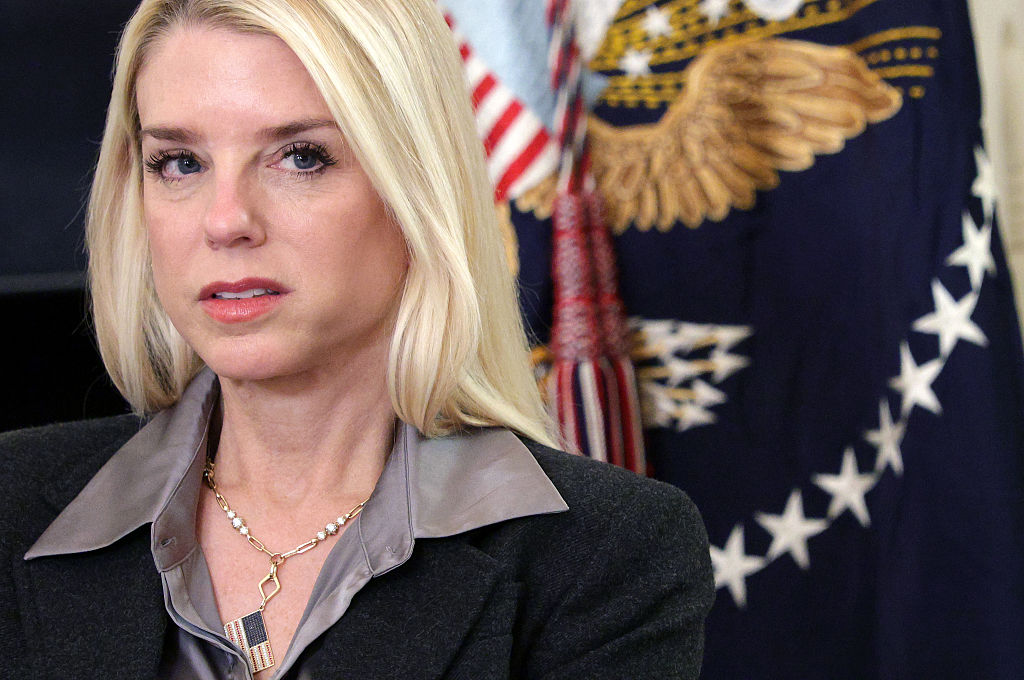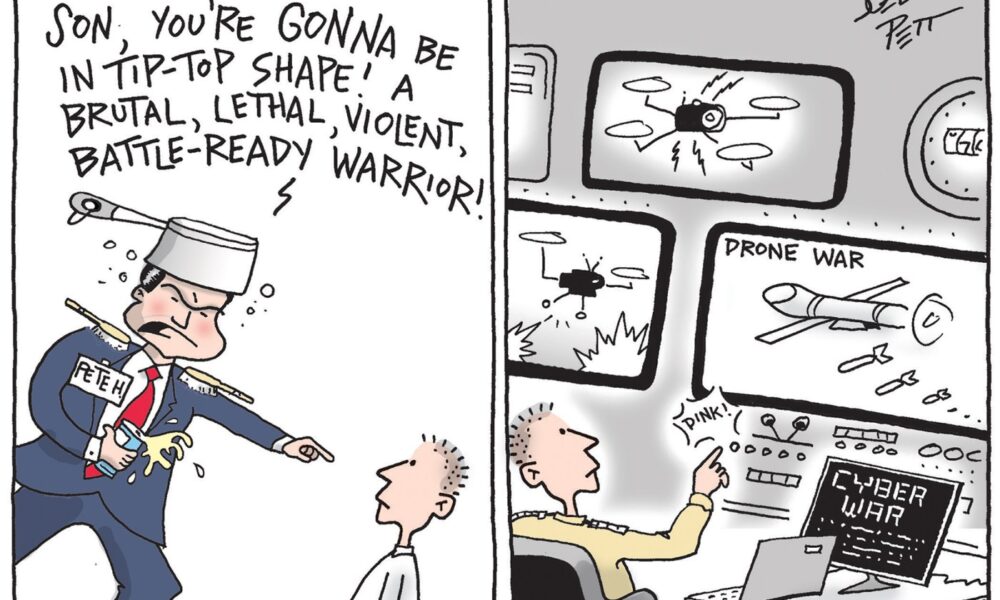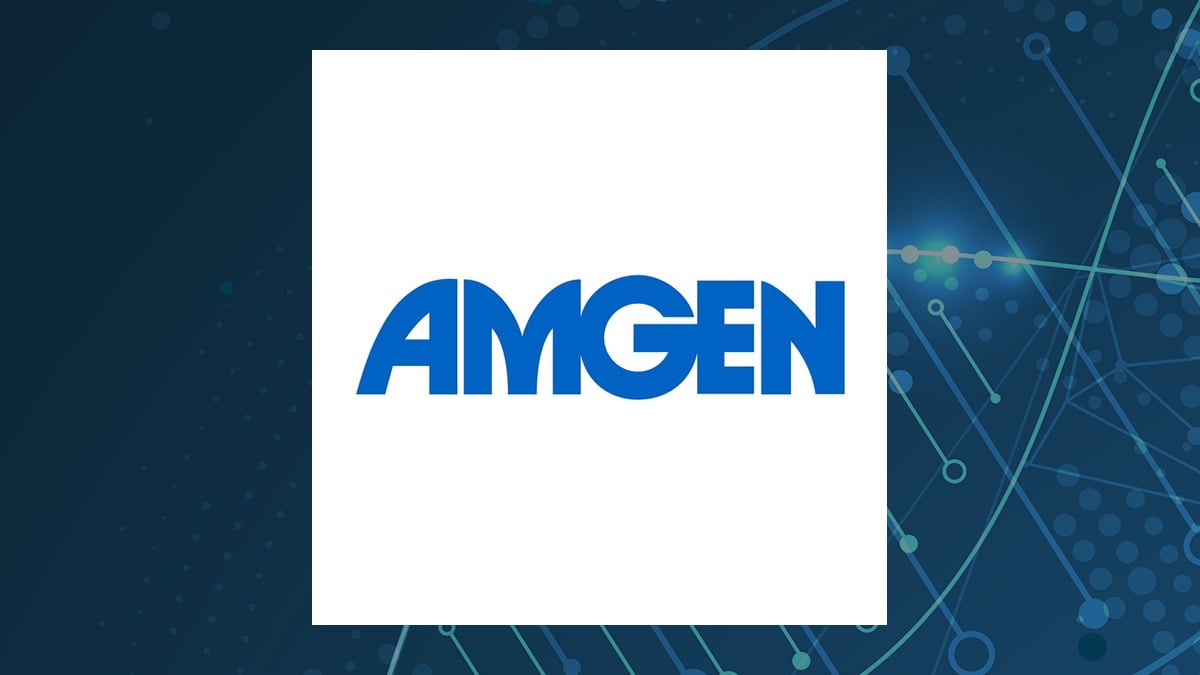Students across Maine engaged in a significant educational exercise on March 5, 2024, as they participated in the state’s first mock referendum election. This initiative allowed them to vote on two real statewide ballot initiatives while also addressing a third question related to the relevance of the Declaration of Independence.
Students Weigh In on Statewide Issues
At Morse High School in Bath, students confronted the same critical questions that adult voters will soon decide. One significant issue was Question 2, which proposes a “red flag” law aimed at enabling law enforcement to confiscate firearms from individuals deemed to be in crisis. Freshman Tim Brosnihan, who is concerned about accessibility for elderly voters, expressed his dissent regarding Question 1, which requires voters to present photo identification. “My grandmother is almost 90 years old and doesn’t have a driver’s license,” he stated, underscoring the potential barriers this question poses for older citizens.
While many students were familiar with Question 2, opinions on Question 1 were less defined. Logan Corey, a sophomore at Morse, remarked, “I think (the second question) is just a little bit on everyone’s minds.” In contrast, some students felt that the ID requirement did not apply to them, as they are not yet eligible to vote.
Engagement and Educational Impact
This year marks the first time that students in Maine have been able to vote in a mock referendum election organized by the Maine Secretary of State’s office. Of the 78 participating schools, Morse High School saw about a third of its student body, or 189 students, cast their ballots. The Secretary of State, Shenna Bellows, visited various schools to promote this initiative, emphasizing the importance of mock elections in fostering civic engagement among young people. “We know that when students practice voting, they are more likely to vote,” she noted.
Recent statewide polling indicates that the opinions on both ballot questions could be closely contested. At Morse, students voted ‘no’ on Question 1 and ‘yes’ on Question 2. The overall results from the mock elections are expected to be released on March 6, 2024.
Historical data reveals that Maine students have accurately predicted the outcomes of presidential elections since 2008. However, their predictions are not always aligned with actual results, as seen in the 2020 U.S. Senate race where students favored the Democratic challenger, Sara Gideon, over incumbent Republican Susan Collins, who ultimately secured her fifth term.
During the voting process, students approached polling stations set up with real voting booths provided by the city of Bath. After signing in, they completed their ballots and received “I Voted” stickers as a small reward for their participation. Willow Halpin, president of the Interact Club at Morse, which organized the mock election, expressed her observations about the level of engagement compared to previous events. “This year’s participation is nothing like last year’s mock presidential election,” she said, noting that students displayed less certainty in their opinions this time around.
To aid their peers, the Interact Club distributed resources that included simplified explanations of each ballot question and shared a podcast titled Pine State Politics, produced by Morse alumna Natalie Emmerson and currently a student at Bowdoin College. For many participants, this mock election served as an invaluable opportunity to practice their voting skills and express their opinions, paving the way for a more engaged future electorate. “I’m just excited to see how it will actually be when I’m able to vote,” reflected junior Laura Kelley.

